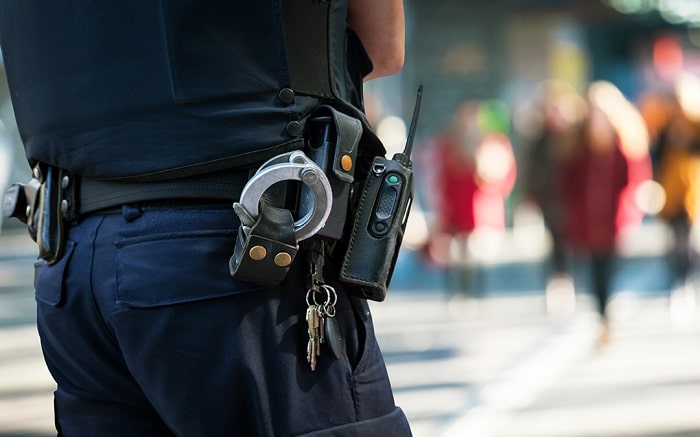What To Do When Encountering Questions from Law Enforcement?
The stated purpose of establishing a police department is to investigate, solve and deter the commission of a crime. While the reality may not always match the ideal, a big part of police work is questioning victims, witnesses, and suspects of crime. Talking to the police is not an experience most people enjoy, and if the conversation is related to involvement in the commission of a crime, saying anything is ill-advised.
Anytime a person is associated with criminal activity, a criminal defense attorney should be consulted to ensure the law is followed and rights are not violated. Even being questioned as a source of information can be an overwhelming experience, and would still make most people cautious about offering information.
Understanding one’s obligation to participate in police questioning is important for exercising one’s legal rights, and avoiding false implications in a crime, especially if police are looking to elicit specific information. It is no secret that police have coerced and pressured individuals for the information they want, which can be difficult to withstand, and even children have been subject to this type of unfair treatment.
Lawmakers are attempting to fix this situation for children through the consideration of a bill that would require minors to be permitted to consult with an attorney before waiving any constitutional rights.
Knowing when and how to respond to police questions is an issue relevant to everyone, and a discussion on how to best handle this situation will be explored below.

What Are Your Rights When the Police Questioning You?
First, no one is legally required to participate in police questioning, and police cannot hold a person for questioning if no arrest is made. Further, police are required to inform the individual that staying for questioning is voluntary and he/she is free to leave at any point.
However, if no arrest is anticipated, police are not required to read a person his/her Miranda Rights, which are rights extended to all criminal suspects under the U.S. Constitution. The risk of not remaining cognizant of these rights during any interaction with police is a self-incriminating statement that could be made that arouses police suspicion.
These rights include:
- the right to remain silent;
- the right to refrain from making self-incriminating statements; and
- the right to the appointment and/or presence of an attorney.
A person always has the ability to say no to questioning, whether a suspect or not, though police are likely to continue until one of the rights listed above is specifically invoked.
When Must You Answer a Police Officer’s Question?
Generally, a person is always required to identify him/herself if asked, and to provide requested documents during a traffic stop. Further, while questions do not have to be answered, commands or orders typically have to be followed.

Can You Refuse to Answer Police Questions?
If the police make a request for voluntary questioning at the police station, it is not advisable to participate in this conversation without first obtaining legal counsel. Thus, instead of proceeding directly to the station, an appointment should be made so there is at least an opportunity to consult an attorney, but having an attorney present during any questioning is the better option.
Not only can an attorney protect one’s rights, he/she can also assess the nature of the questioning and whether a person has reason to worry about forthcoming criminal charges.
Our Los Angeles Attorneys Can Help You
Being questioned by police in any context can be overwhelming, but having an experienced criminal defense attorney by your side greatly reduces the likelihood the interaction will support criminal charges being brought against you.
The Los Angeles law firm Manshoory Law Group, APC educates their clients about to combat the charges against them, and continuously fights to get the best possible result. Attorneys are available 24/7 to take your call. Contact us for a free consultation.
- Difference Between 1st, 2nd, and 3rd-Degree Murders? - March 7, 2024
- How Dating Apps Can Lead to Tinder Rape Charges - January 15, 2024
- Can You Refuse a DUI Test? - December 15, 2023
